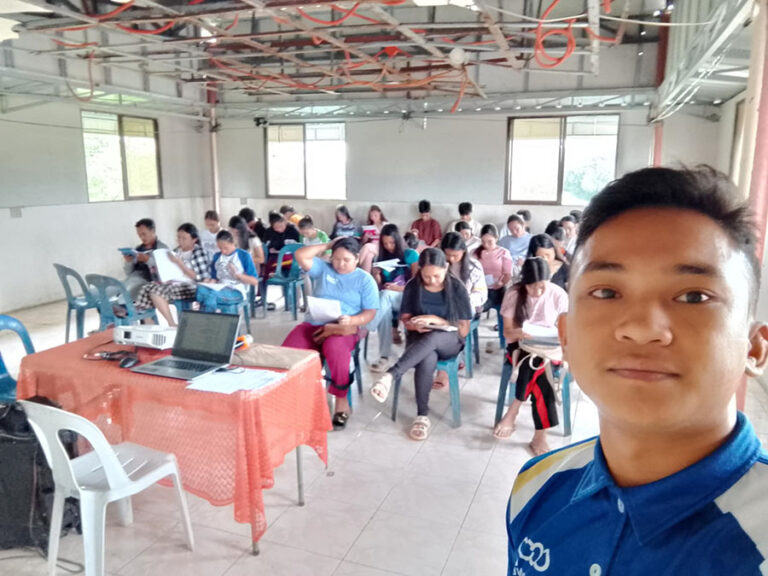THE DEPARTMENT of Trade and Industry (DTI) has expressed openness to discussing a proposal from the steelmakers’ group to ban the use of induction furnaces in local steel production.
Bureau of Philippine Standards (BPS) Senior Trade Industry Development Specialist John Steven Magboo said although there is no current policy on the prohibition of the use of induction furnaces for steel production, the DTI is “definitely open to discuss regarding that issue and the so-called process of manufacturing the steel parts”.
During the Kapihan sa Manila Bay in Malate, Manila on Wednesday, Magboo invited industry stakeholders to submit data supporting their claims that induction furnaces are incapable of producing steel that consistently meets Philippine National Standards (PNS).
He said the BPS issues Philippine Standard (PS) licenses for those who use induction furnaces and electric arc furnaces as long as these products comply with the PNS.
He clarified that the BPS continues to issue Philippine Standard (PS) licenses to manufacturers using both induction and electric arc furnaces, provided their products meet the national standards.
During the same event, Philippine Iron and Steel Institute (PISI) president Ronald Magsajo and Roberto Cola, member of the Department of Science and Technology-Metals Industry Research and Development Center (MIRDC) Governing Council, reiterated their call for a nationwide ban on induction furnace use in steelmaking.
Cola said countries like China, Japan, and Indonesia have already outlawed this technology due to concerns over steel quality.
“The main drawback of induction furnace facilities is that there is no process of removing the harmful elements in the liquid steel, thus resulting in inconsistent quality of products produced. This results to a safety hazard since these steel products are used in construction of buildings and infrastructure,” Cola, who is also a former PISI president, said.
He said that since China began the crackdown on steel manufacturers using induction furnaces, their operations were relocated to ASEAN countries, including the Philippines.
“For the Philippines, induction furnace steelmaking capacity increased from less than 150,000 metric tons per year in 2017 to around 3 million metric tons today. These facilities are the main source of substandard reinforcing steel bars and angle bars in the market,” Cola said.
Magsajo echoed these concerns, linking poor-quality steel to recent incidents such as the collapse of the Cabagan-Santa Maria Bridge in Isabela and infrastructure damage caused by earthquakes in Myanmar and Thailand.
He attributed part of the damage to substandard construction materials and engineering flaws.
Magsajo said PISI conducts regular test-buy activities across the country, particularly samples from hardware stores, to monitor if those steel products in the market comply with the industry standards.
He said they can trace the machine used to produce these steel that fell below the industry standards, most of which are using induction furnaces.
Magsajo said that of the around 40 steelmakers in the Philippines, 15 to 20 manufacturers are using induction furnaces. (Kris Crismundo)



